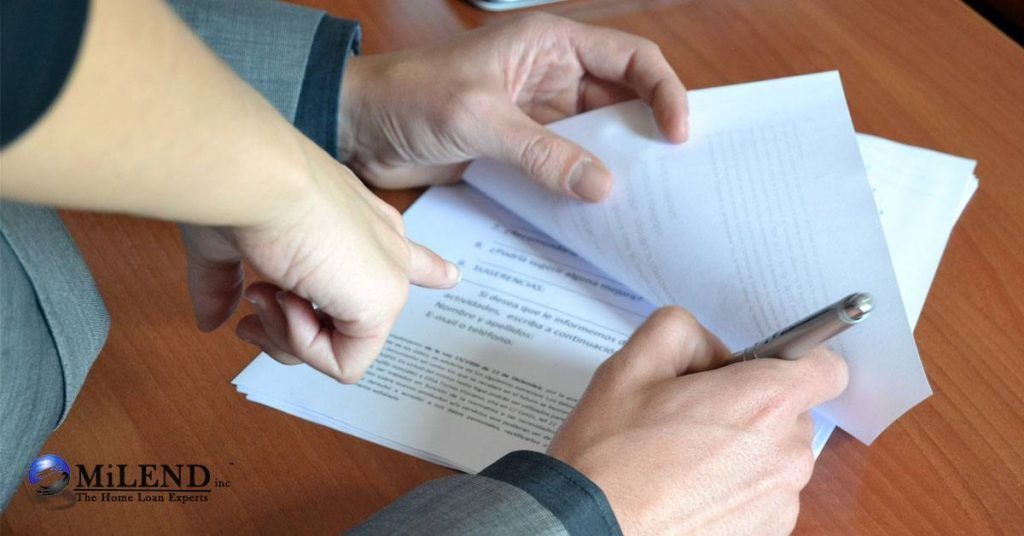An Escrow Account Can Work in Your Favor
When you decide on your mortgage and lender, you may want to consider an escrow account.
An escrow accounts primary function is to hold money to pay for mortgage-related bills. Escrow accounts can be a useful tool in the home purchase or refinance process. The types of loans where escrow accounts are necessary include FHA and VA loans. All conventional loans over an 80% Loan-to-value require escrow as well.
Escrow accounts are usually held by the lender and are set up when you take out a mortgage. To fund the account, you make an initial deposit at your loan closing. At that point, the lender calculates an amount to be added to your monthly mortgage payment for the homeowner’s insurance premiums and property taxes. For example, if you purchase a home with property insurance totaling $100 a month, prior to closing you must pay the insurer $1,200 for the first year’s coverage. This $100 per month will then be added to the mortgage payment and held in the escrow account until it’s needed to pay the next year’s insurance premium.
In the same way, the property tax amount will be added to the mortgage payments and held in escrow to pay the property tax bill. These bills will be paid on the customer’s behalf from the escrow account, thanks to mortgage servicing (the handling of the daily functions of a mortgage.) The responsibility for mortgage servicing can rest with a lender like MiLEND, Inc that follows defined procedures and are regulated by the federal government.
The service provider will make adjustments to the escrow account annually, as property taxes and insurance premiums do change. If one expense is underestimated, one would need to top up their monthly mortgage payment which can be done by writing a check for the difference. On the other hand, overages would be refunded. Under certain circumstances you may be able to waive the escrow account, but your lender may require a higher down payment and/or credit score.

Your Ultimate Winter Home Preparation Guide
Read more...



